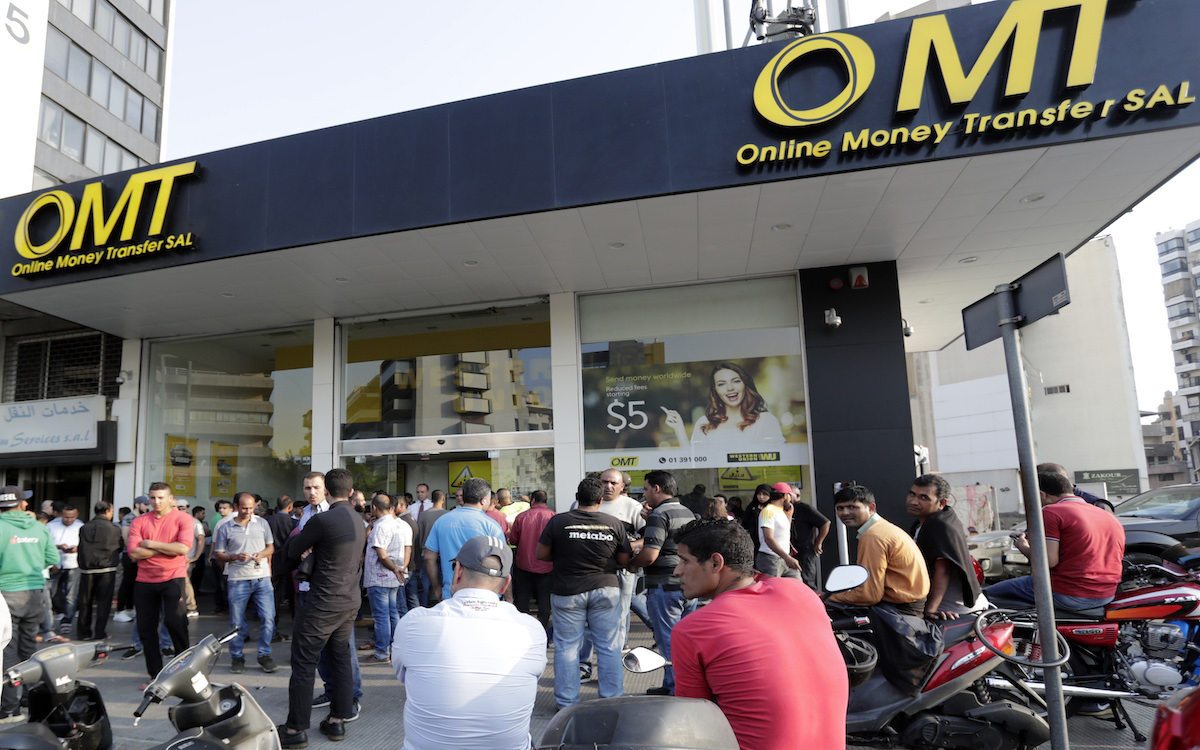
By Hassan Rahmeh -- middleeastmonitor -- - On the brink of socio-economic collapse, Lebanon finds itself caught in a relentless and unforgiving cycle that threatens its very foundation. The heart of this vexing challenge lies in a vicious loop where the government struggles with providing essential services, while citizens withhold their tax payments demanding more in return. This deeply entrenched culture has pushed the nation into an enduring swamp, where tax evasion and inadequate public services intertwine as stubborn adversaries. As Lebanon faces this perpetual challenge, a closer examination reveals a web of complexities, unearthing several other systemic factors that compound the crisis. Amidst the prevailing mistrust and the unsettling unfairness of the tax system, additional challenges have emerged, painting a comprehensive portrait of the nation's plight.
This impasse was brought on by the widespread mistrust that the Lebanese people have in their own leadership. People have the impression that their taxes are being stolen and not used for the provision of public services. People's perceptions of ineptitude and corruption inside the tax system foster mistrust, which in turn makes them reluctant to pay their taxes. Injustice within the tax system is the primary concern. Taxpayers experience feelings of injustice and misery and many people question the usefulness of contributing money to a system that appears to disregard their current financial situation. It's a system that applies uniform taxes, regardless of wealth disparity. This resonates with many, fueling reluctance to contribute to a system seen as unjust. This perception of inequity sows seeds of doubt. It encourages non-compliance and fosters resentment toward the government. This further perpetuates the tax evasion culture prevalent in Lebanon.
Political elites rule hard-to-reach regions, complicating the problem. Inaccessible regions like urban ghettos make tax collection nearly impossible. Political protectionism in these regions fosters anger and non-compliance by widening the gap between the government and citizens. It fosters an us-versus-them dynamic. In these protected zones, the gap widens, mutual understanding dwindles and non-compliance becomes the norm. Special tax regimes that use tax decisions to attract investments exacerbate the issue. These regimes favour specific sectors or entities, posing equity and fairness concerns. Thus, the average taxpayer may view these arrangements as evidence of a tax system that favours the wealthy and well-connected, increasing the feeling of injustice. Lebanon's shortage of corruption and tax evasion investigators inhibits tax collection and enforcement. This weak control allows tax system abuses and lowers its credibility. Tax evasion becomes more appealing to individuals who exploit system flaws without strict enforcement and accountability.
Tax compliance and the return of social services depend critically on the availability of technical tools and infrastructure. In an efficient tax system, the process of tax collecting and distribution is streamlined thanks to data management and modern technological advancements. However, the lack of such technologies in Lebanon inhibits the government's power to track and allocate tax monies, raising the dissatisfaction of taxpayers who believe that their contributions are not being used in a responsible manner. The ineffectiveness of the court accusation process has made the capture of tax evaders more difficult. Those who avoid taxes ought to face punishments that are prompt and severe from the judicial system. However, in the absence of an efficient legal framework, tax evaders may be able to commit their crimes without fear of repercussion, which further undermines public faith in the system's capacity to investigate and prosecute cases of tax evasion.
This circle imprisons Lebanon. The nation is at a crossroads forever. Citizens don't pay taxes because the government can't provide essential services, yet not paying taxes undermines trust in the state's ability to meet national needs. Lebanon risks instability without considerable action to address mistrust, inequality and inaccessibility. To break this vicious cycle, the government and citizens must work together to restore confidence, justice and accountability to the tax system, making key services a shared responsibility for the nation's wellbeing. Only then can Lebanon overcome its problems and achieve a prosperous future.
The views expressed in this article belong to the author and do not necessarily reflect the editorial policy of Middle East Monitor.
.jpg)




